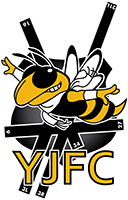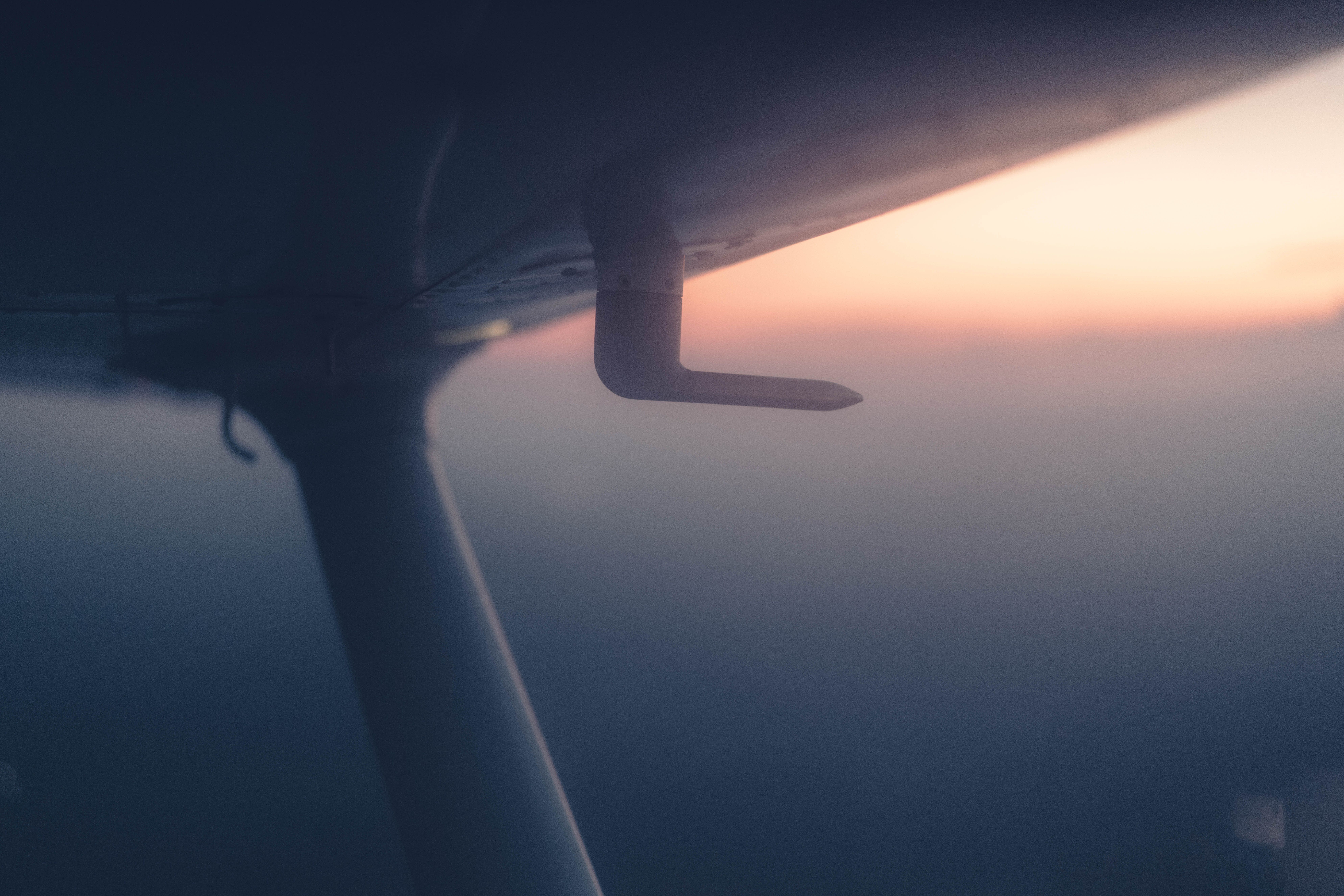One of our missions is to provide affordable aviation to the GT community. We pride ourselves in providing internal and external financial aid opportunities to our members as they work towards earning their wings. Below are factors that affect the costs of obtaining your Private Pilot License. Each are broken down and explained below so you have a good idea of what to expect.
Membership Costs
Member Dues
To be a member of the YJFC, we have member dues. These dues cover the costs of our events, such as supplies, food, etc.
GT students mean students currently enrolled in GT classes; non-GT mean faculty, staff, or alumni.
| GT students | $20/semester |
| Alumni | $40/semester |
Flight Training Costs
Anyone who would like to pursue their Private Pilot License needs to keep the following costs in mind
| Item | Description | Cost |
|---|---|---|
| TSA Background Check | All non-US Citizens need permission from the Transportation Security Administration before they can start flight training. The process usually takes a couple of months; we'll walk you through it from start to finish. For more information, visit AOPA's TSA Background Check page. All US Citizens are automatically granted permission and do not need to pay this fee. | $130 one-time fee |
| Flight Fees | Flight fees cover the fixed overhead costs of the airplanes, provide you with insurance, restocking office supplies, and access to schedule first-come, first-served time blocks on our airplanes. They are valid for a rolling 30 day period that starts when you pay. They are charged automatically when you pay for rental. | $29/30 days |
| Instruction Rate | We will pair you up with an experienced instructor. They will teach you everything you need to know on how to be a safe, competent pilot. Their rates are based on the time they are instructing you. For example, if you have a 0.75 hour ground school lesson before your 1.25 hour flight followed by a 0.5 hour debrief, you will pay the instructor for 2.5 hours. If you shop around, you will find our instructor rates are about half of the greater Atlanta area average! | $68/hr |
| Airplane Rental Rates | When you rent one of our airplanes, you pay for the duration in which you operate the engine (the "Hobbs" time). For example, if you scheduled the airplane for 2.5 hours, yet only had the engine operating for 1.6 hours, you only pay for 1.6 hours. This rate covers all direct and indirect costs. Direct costs include fuel and oil used during flight (a "wet" rate); indirect costs include airframe, engine, and propeller maintenance reserves. We also offer our members the most affordable airplane rental rates in the Greater Atlanta Area! | $125/hr for our trainer airplanes |
| Supplies | Student pilots will need to buy a few basic supplies. For example, a logbook, a plotter, an E6B, books, study materials, a kneeboard, and anything else you might like. We provide all of our members with current FAA charts and high-quality David-Clark headsets, so you do not need to buy your own expensive chart subscription or headsets. | $150 est. |
| Medical Evaluation | Before you can go on your first solo flight, one of the most important milestones in any pilot's curriculum, you need to get a medical evaluation by an FAA-approved Aviation Medical Examiner. The medical evaluation consists of a basic screening to ensure you are healthy enough to be a pilot and is good for five years if under 40 years of age. | $125 est. every two to five years |
| Exams | As you approach the end of your training, you will need to take three FAA exams: a written, an oral, and a practical -- in that order. The written can be taken any time during your training, but it is typically taken near the end. The oral and practical usually occur the same day and are administered by an FAA Designated Pilot Examiner. Successfully passing the practical means you are now an FAA-licensed pilot! | Written: $175; Oral and Practical: $650 est. |
Flight Training Sample Estimates
With several costs and rates presented above, here are some estimates on how long and how many hours it takes to earn your license using college class credits as a comparison. Note that the minimum flight time required by the FAA for a Private Pilot License is 40 hours.

We believe that most people -- from students working a small part-time job to fully working professionals -- can earn their license with proper financial planning and budgeting, therefore, we will work with you to develop a realistic financial plan to help you earn your wings. The only real factors are your level of commitment and motivation!
Financial Aid
Flying is an amazing hobby and career, but for many, it is difficult to cover the costs of flight training. We are aware of this and do everything we can to ensure our student pilots are able to pursue their goals with a realistic financial plan. We accomplish this by offering our membership several resources -- both internal and external -- to help those who wish to not let their finances keep them grounded.
Peter Van Norde Flight Training Program
Peter Van Norde (AE '43) and his family established an endowment fund with the YJFC to award $1,000 to a deserving Georgia Tech student to reduce the cost of obtaining their Private Pilot license. After a student solos, the amount can be used for primary training up until the time the recipient attains their Private Pilot’s certificate.
External Aid
We will direct you to additional financial aid opportunities offered by external entities, such as AOPA and EAA. In the past, awards have ranged from $500 to $12,000 for flight training.
I can’t commit to flight training yet. Can I still join?
Of course! Any one from the GT community (students, faculty, alumni, staff, cross-enrolled ROTC students, and immediate family thereof) are more than welcome to join us for the ride. We have exciting events targeted at all aviation enthusiasts — both pilot and non-pilots — alike!

